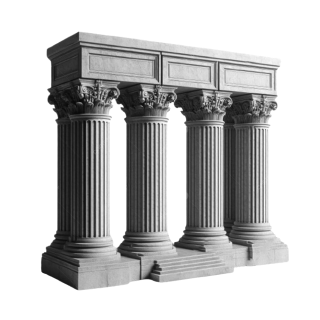Built in the 1930s, the Campo Imperatore is the hotel where Mussolini was briefly imprisoned in 1943, before his dramatic rescue by German paratroopers. The large art-deco structure (re-branded as a rifugio, mountain refuge, in more recent times) had become a little rough around the edges by the early 21st century (being located on a windswept plateau didn't help), though it was still functioning as a hotel as recently as 2017.
In late 2018 it was earmarked for a lengthy €3 million refurbishment to upgrade it into five-star accommodation. When we passed through, it was due to reopen in 2020 at the earliest.
















